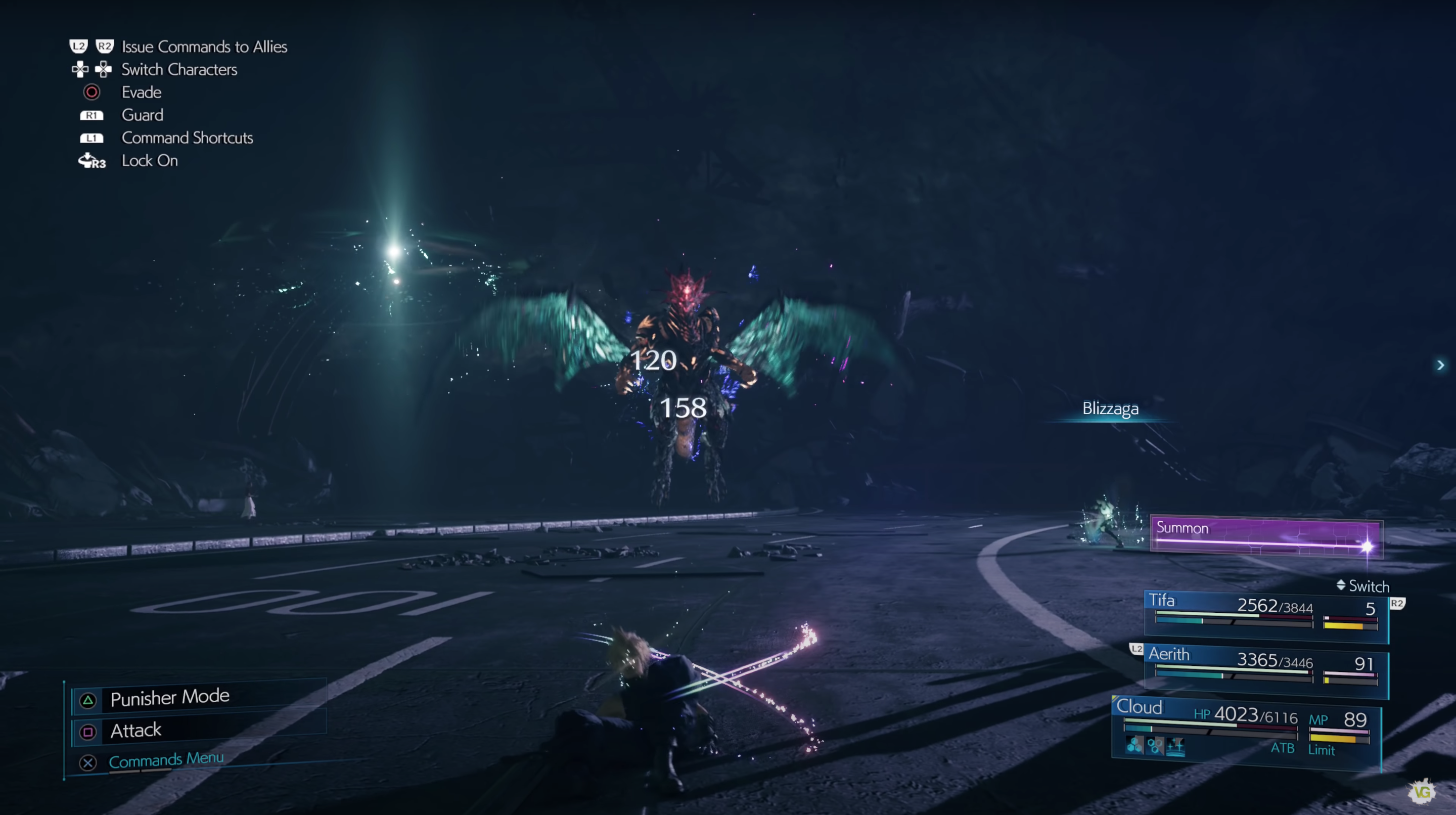However, the idea the team would actually spend the resources on this just doesn't make a lot of sense to me from a corporate point of view. Final Fantasy XV came out as an incomplete experience to begin with. Patches were made immediately, and DLC was announced fairly quickly. They were eager to please, because they knew they'd sort of messed up in the first place. That doesn't appear to be the case with Remake. I like the idea, mind you, but I'm just not sure this is the reality.
I think that you might be misunderstanding just what goes into planning and spending resources vis-a-vis software development in general, but also when it comes to this project in particular.
The unfinished work that I've been calling out here would already have been scoped & cost-planned in the initial planning of the game. That's why we see any remnants of it at all, is because it was work that was started with the intent of finishing. This isn't something that would be an extra cost – it's a part of the planned development that they were unable to complete before they had to make roadmap adjustments around the deadline when they couldn't get the work completed in time to the level that they were satisfied with. When they were negotiating for a release date extension – they would have already been planning ways to complete that work
long before ever even attempting to start asking for that. That's already because the release change bumped
Remake from Japan's 2019 fiscal year into 2020. All of that would have been covered well in advance.
Additionally, all of this work is work that has to happen anyway for the sequels. From a corporate cost standpoint, you're spending money to get that work done either way. If you let the team work on the assets that were already in development, you're not needing to start from the ground up. Finishing what's there is literally the most efficient way to do that work. If you're doing that, it doesn't make any sense not to release it as well, because you're getting feedback from your future target audience on features you want to use as a baseline for the next game. Your developers get usable data, your marketing and PR team get to strengthen customer relationships, you get to be more confident in the software that you're using moving forward, you can make optimizations based on user data, and it's also more efficient than just starting off all over again with the next game. This is especially important because of how much data about player choice and team composition is important when building effective systems to make use of a game with so many playable characters when the sequels come out. It's all good business when you're in the business of making more of this specific game for this specific audience – Like I said,
there's literally no good reason not to, even if you released it for free.
Lastly, not doing that work would go against literally everything that we know about the passion that's driving their entire development team. The first 15.5 chapters are some of
THE most detailed and polished pieces of gameplay ever, not to mention some of the best damned FFVII love letters to the original game ever created. All of the behind the scenes stuff shows that this mindset and passion goes into every inch of making the game. When they talked about Red XIII being limited to a guest character,
he mentioned specifically that the development staff felt the same way as the fans who wanted him to be playable. This isn't a team who's just looking at the game's release as a way to move on if they had always planned a better version of those final chapters – just look at the announcement that they put up about the release date delay. They want to make the version of
Remake that they're envisioning because they want it to feel like the ideal legacy that it's trying to live up to. I can tell you from a software development and testing point of view – there's nobody on that team who just wants to call it good and move on to the next one with the way that those final levels are right now, especially because they know what they were
MEANT to be, and that's the vision of the end of the game that's consistent with their internal passion for the project.
The key difference is that they're not looking to take up a position of coming to "fix" things. Anything that they do is going to be because the team wants to improve the experience for players to be the thing the team is passionate about. That's why all of the language used is used the way it is when those decisions got made. It's differentiating itself from the trajectory of "re-earning trust" that FFXV took, to something that's like "making things even more amazing for their fans" instead.
Also, anecdotally: The last few chapters in
Remake are significantly less complete than anything in
FFXV ever was. This is including FFXV's original and much-maligned Chapter 13. While they were planning DLC to mitigate things months in advance of their release, this is the same reason that
Remake was trying to get an extension on their release date. It's the same basic problem even if it looks different from the outside. FFXV had the benefit of all the Chocobros being guest characters and having a lot of time to build their development around that, which is very different than how late-stage Red XIII's playable status got bumped, and it shifted everything else around it.
X






